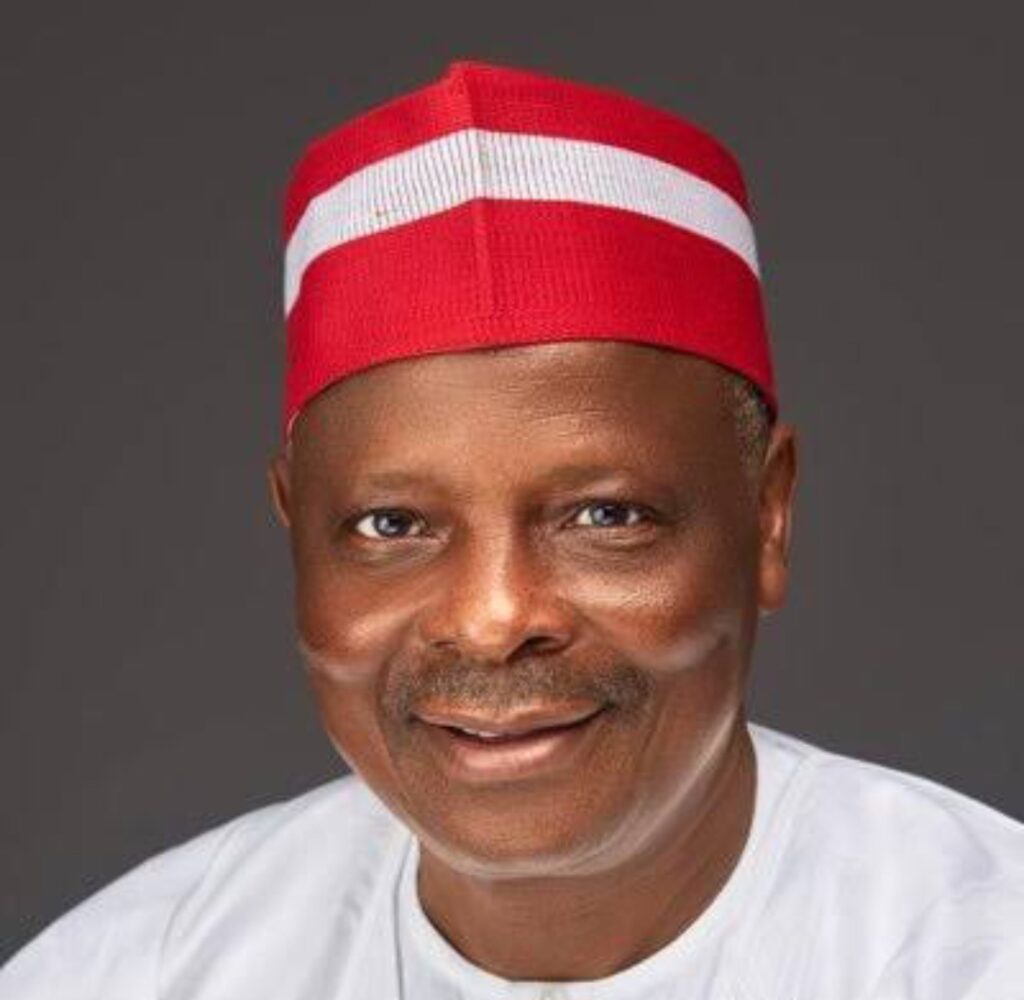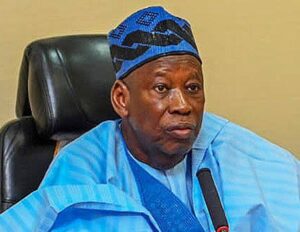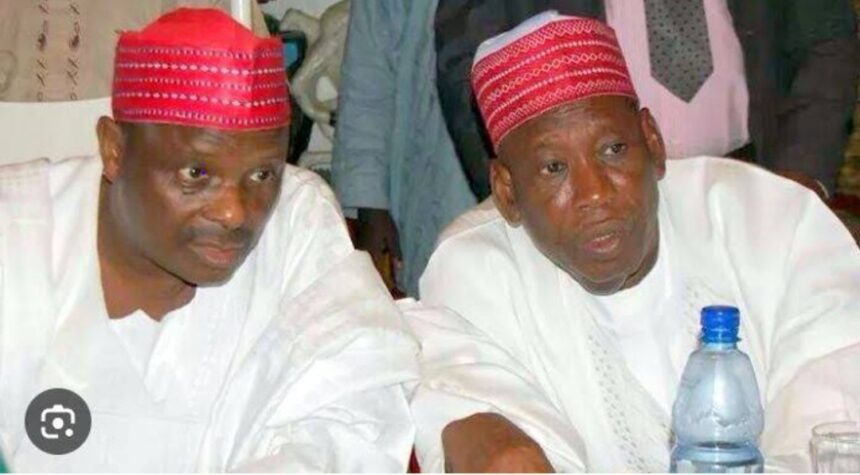Senator Rabiu Kwankwaso, the former Kano Governor and presidential candidate of the New Nigeria Peoples Party (NNPP), In a recent interview with Arise News, addressed speculations regarding his relationship with his former deputy, Abdullahi Ganduje of Kano State.
Kwankwaso sought to dispel any notions of personal animosity, emphasizing that he harbors no personal grudges, especially in the realm of Kano politics. He underscored that his principles preclude any form of personal vendetta.
Reflecting on their past professional association, Kwankwaso detailed his extensive support for Ganduje’s political trajectory. …CONTINUE READING


He recounted appointing Ganduje as his deputy governor from 1999 to 2003, and later as his Special Adviser in the Ministry of Defence. Further illustrating his support, Kwankwaso mentioned his efforts in securing a position for Ganduje in the Chad Basin Development Authority during the Yar’dua administration.
Kwankwaso, a former governor himself, stressed that his political mission in Kano was accomplished and that he has no interest in perpetuating political discord. Instead, he called for unity and the importance of moving forward, leaving past conflicts in the past.
In his own words, Kwankwaso stated: “I’m not the Governor of Kano; I’m just the leader of the New Nigeria People’s Party and as a matter of principle, I don’t have an enemy. I don’t believe that I have anybody to fight, especially in the politics of Kano. The person you mentioned was my deputy governor from 1999 to 2003 and my Special Adviser in the Ministry of Defence.
When Yar’dua came in 2007, I lobbied and secured a job for him in the Chad Basin. He was there when I got the ticket in 2011, and I invited him to come back and be my deputy again. When I finished, I decided with other leaders in Kano to hand over the mantle of leadership to him freely.
Now, once that happens, anybody is free to do whatever he or she wants to do, but I successfully completed my assignment in Kano, and I left. Whatever happened in Kano is now history.”
Kwankwaso’s remarks underscore his commitment to a principle-driven approach to politics, one that prioritizes the larger goal of unity and progress over personal grievances. His stance reflects a desire to see a more collaborative political environment, free from the shackles of past disagreements and focused on collective advancement.




